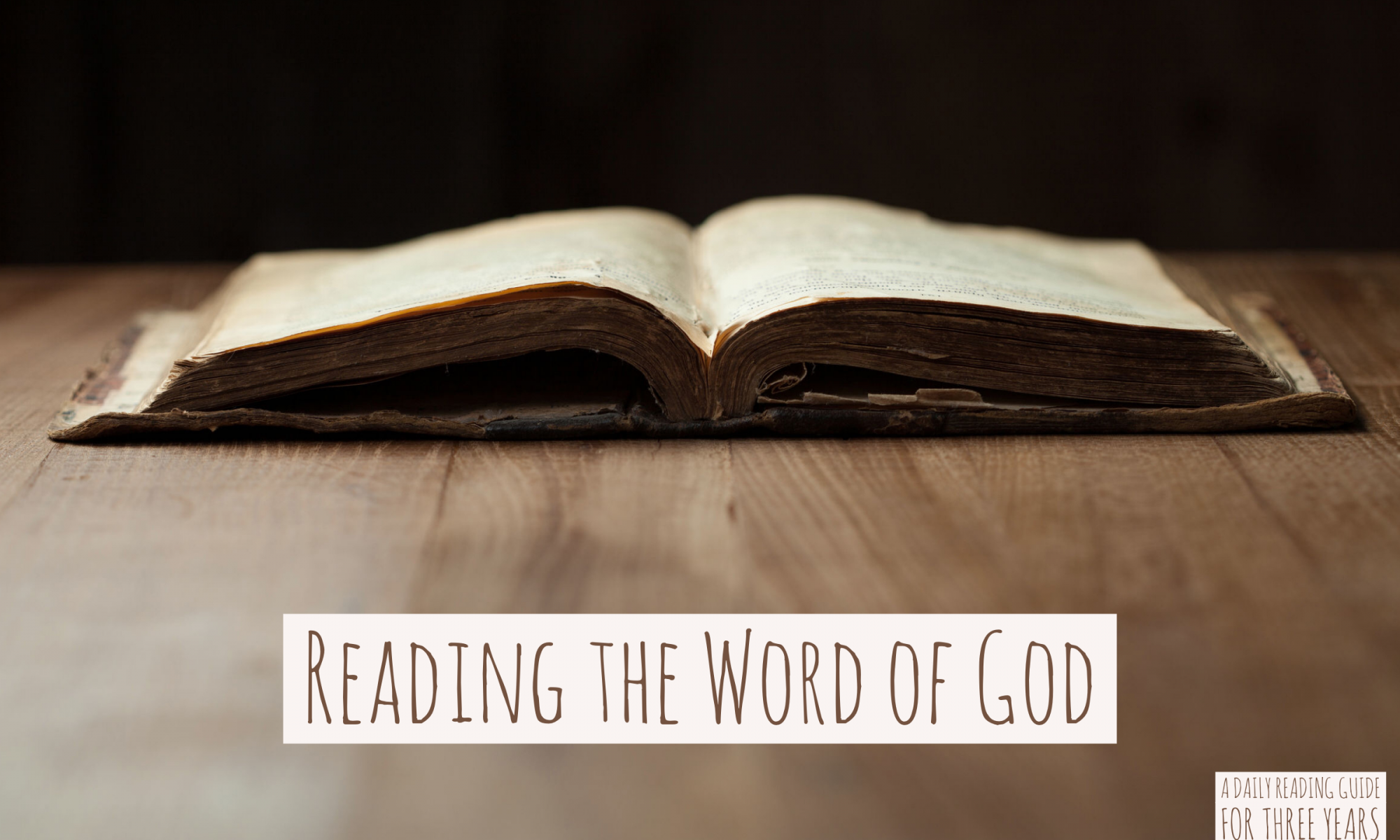On Good Friday, March 29 of the same year, Luther had completed his well-deserved coarse answer to Emser. Here he called the Holy Ghost the most lucid writer and speaker whose writings do not need the help of church and tradition in order to be under-stood correctly if they are only taken in their literal sense. (18–19)
*For additional information, source material, and details, please visit: Reading the Word of God – Introduction



